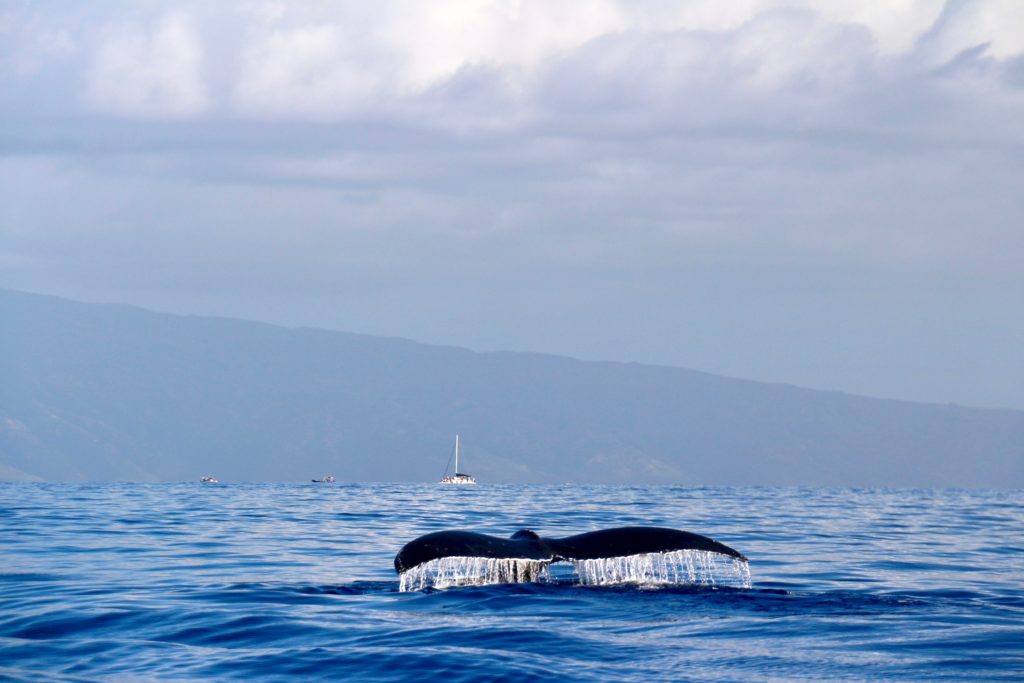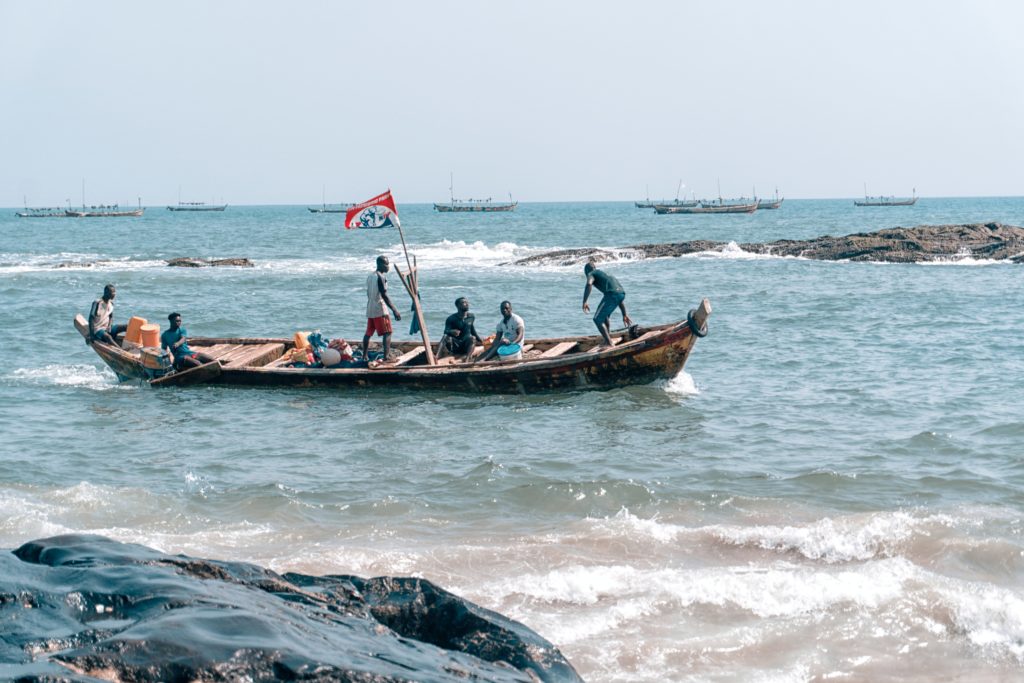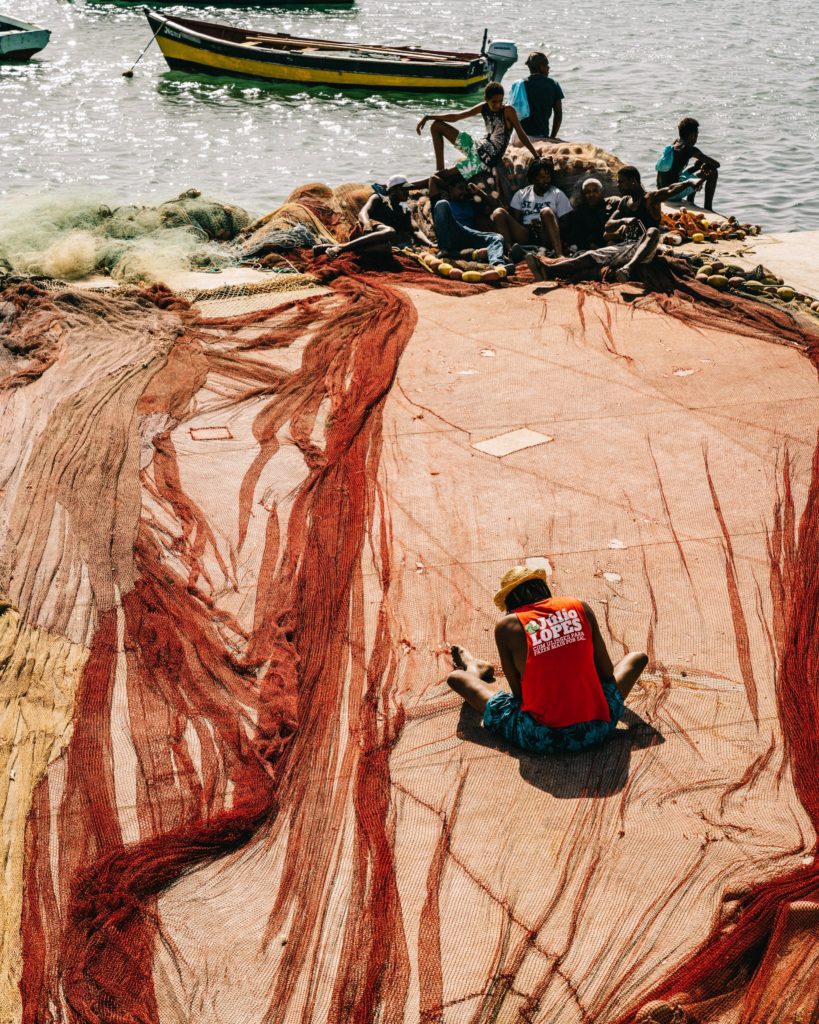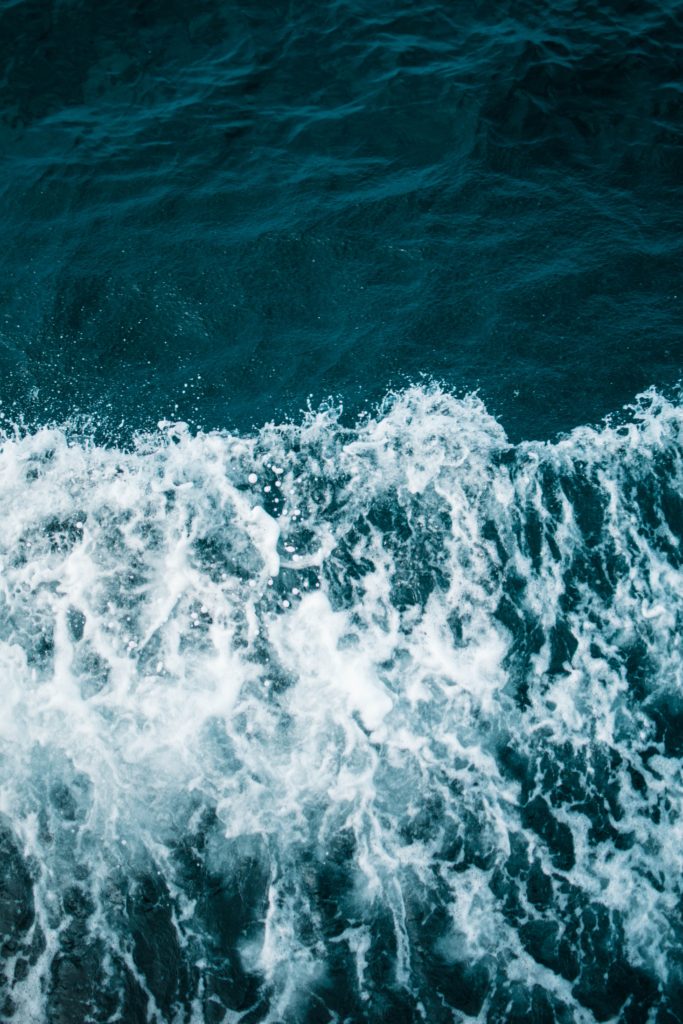Will COVID-19 be the last call to preserve our oceans? Introduction to World Oceans Day | Reanimated Oceans
By Jessica Tinkler MSc Climate Change: Impacts, Adaptation and Mitigation Graduate (Ethical Team Intern Associate)

This brief intermission in societal life has prompted the reinvigoration and reanimation of our oceans. In quick succession, images have poured from Venice of “nature’s comeback”, shoals of fish and seabirds have returned to the city. The endangered Spiny Seahorse has been sighted in a small enclave off the coast of Dorset in the largest recorded observation since 2008. Also, sensitive seagrass around the UK shows early signs of recovery, thanks to respite from marine traffic. Initial indications point to benefits for humpback whales as well which respond to quieter seas, devoid of tourists and fishing fleets. Marine scientists hope that the undisturbed breeding season, which has coincided with the lockdown, coupled with the implementation of additional restrictions on commercial whaling will result in population growth. These observations indicate some recovery of marine life, perhaps these early signs could lead us to some cautious optimism for the future.

COVID-19 and Human Activity
Fortunately for developed countries, resilient economies and strong social welfare systems have momentarily cushioned the economic hardship for most of their populations. However, this is not representative of the wider global community, many of whom reside in developing nations, not entitled to furlough schemes and are often reliant on subsistence livelihoods. This can result in the exploitation of local ecosystems, with people seeking their own social security by the only means accessible to them. Communities have turned to the forests and the ocean, increasing hunting and fishing to buffer the inevitable economic strain of the pandemic. This echoes patterns of natural resource destruction following the 2008 financial crash, which saw low-income communities globally exploiting natural resources to mitigate economic distress. These behaviour patterns are possible due to gaps in law enforcement’s ability to control exploitation allowing overfishing, deleterious fishing practices and the unlawful misuse of marine protected areas (MPAs).

The current pandemic has had a significant impact on maritime transport and tourism and the hospitality industry, with parallel challenges for fisheries. Fishing exports are projected to decline by one third due to the decrease in demand. Whilst this is problematic for the industry which has until now unsustainably exploited a third of the fish stocks worldwide; this hiatus could allow for the recovery of fish populations in the short to medium term. The economic value of fisheries is high for many countries but especially significant for the livelihoods of small-scale fishers who lack the adaptive capacity to find alternative means of living. This trade-off is not feasible for many, and poses questions about how oceans could be replenished sustainably for all?

What now?
Our oceans are in turmoil, with everyone clamouring to take their piece. Fish stocks are plundered for consumption, coral reefs are devastated by ocean acidification, coastal areas are suffocated by eutrophication, fuel spills threaten fragile ecosystems and habitat destruction infringe upon sensitive areas. The emergence of Covid-19 has triggered outrage at the relationship that we, as humans, have with the environment. In the past, such crisis’ have brought forth environmental changes and the development of strategic conservation plans. The synergy between Covid-19 and the environment, both in its conception and potential recovery solutions, could establish effectual conservation strategies; protecting human health and the environment above and below the ocean. This is encouraged by Patricia Scotland, Secretary-General of The Commonwealth, who states:
“While the fallout from the pandemic has had a huge impact on our blue economies, it also presents a crucial opportunity to strategise on how to accelerate the transition towards more sustainable economic practices built on climate resilience and ocean sustainability”.
In times of crisis, we see the interrelationship of people and the ocean, with 3 billion people reliant on the ocean for food and the rest are dependent on the ocean for health, wellbeing and livelihoods. Covid-19 might be the impetus we need to demand renewed marine protections. Sustainable management of the blue economy is essential to build resilience and key for the preservation of our oceans.
Join Mailing List
